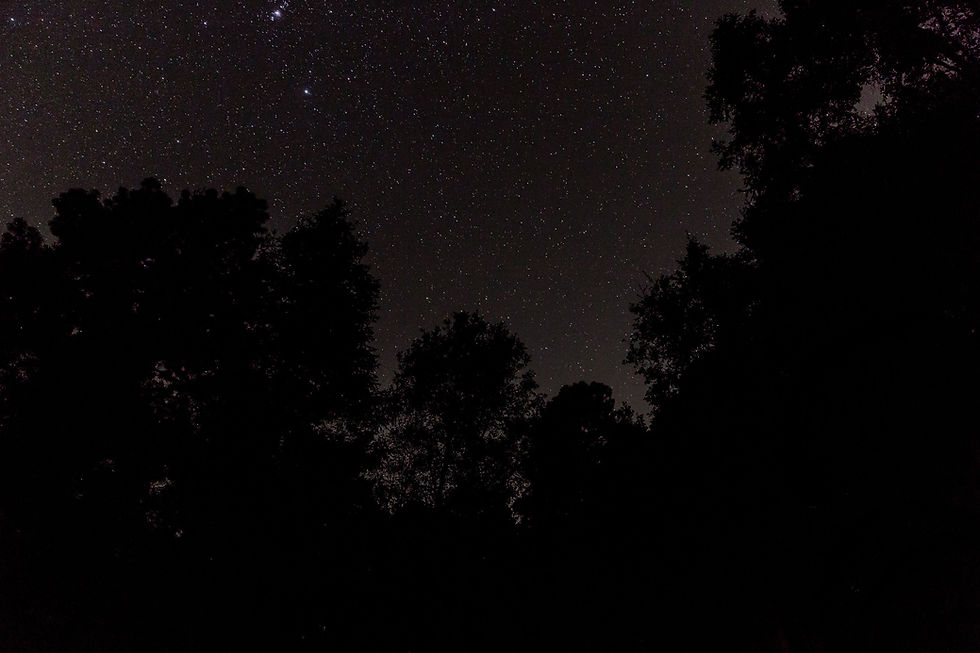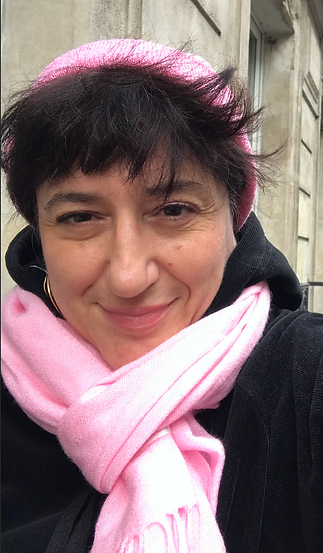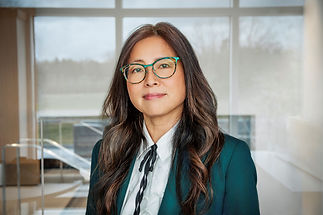
2024

Keynote Speakers


"Burning the Mona Lisa." Insurgent Subjectivities and the Pedagogical Ecologies of Protest
Carolina Cambre, Concordia University
Thursday, March 21, 2024
New technologies, networks and infrastructures are intimately part of social life to varying degrees around the world where many find themselves living screen-centered socialities. And yet there is pushback.
If change doesn’t take place initially through language but rather through embodied experiences that rupture the everyday, then the cultural construction of social space reflects to some extent the ways it produces and is produced by those in it. Sotiropoulos (2022) tells us that “Justice is a determination of space and space a determination of justice. Every normatively delimited space, i.e., every territory, has its regime(s) of justice” (p. 1997). In this light, what can we make of the dynamics of geographically and culturally dispersed toppling of monuments in 2020 and beyond? This talk will speculatively explore the pedagogics of the social production of subjectivity beyond the classroom.

Research as Praxis as Accompaniment: Teachers’ Cross-language Collaborations for Critical Intercultural Education
Sunny Man Chu Lau, Bishop's University
Friday, March 22, 2024
Elaborating on a multi-year project about ESL and French college instructors’ cross-language and cross-curricular collaborations, the talk focuses on how recherche-action-formation was used as a research methodology to support research as praxis as accompaniment to build teachers’ capacity and identity as researchers in implementing critical plurilingual pedagogies (Castellotti & Moore; Lau et al, 2020). Recherche-action-formation (Beaumont & Moore, 2020; Charlier, 2005) is a participatory-based research methodology that underscores integrated research praxis as/for sustainable teacher development. Teachers as school-based researchers/field informants are accompanied by university-based researchers, both engaging in cycles of reflexive planning, teaching, and evaluating to co-develop instruction and assessment responsive to situated needs. Repositioning teachers as researchers, recherche-action-formation offers a rigorous method for dialogic construction of “living” theories and knowledge from the ground up and intensive reflective practice fundamental to teacher-researcher development (Lau & Stille, 2014). In this talk, I described how our collaborations across languages, disciplines and institutions supported our co-development of plurilingual practices that promoted immigrant students’ language/content learning and intercultural education. Particularly, I zero in on how recherche-action-formation provided a collaborative space where teachers’ self-study of their daily teaching practice and the team’s co-development and implementation of cross-lingual reading and writing strategies were made possible to help empower immigrant students’ learning and identity.